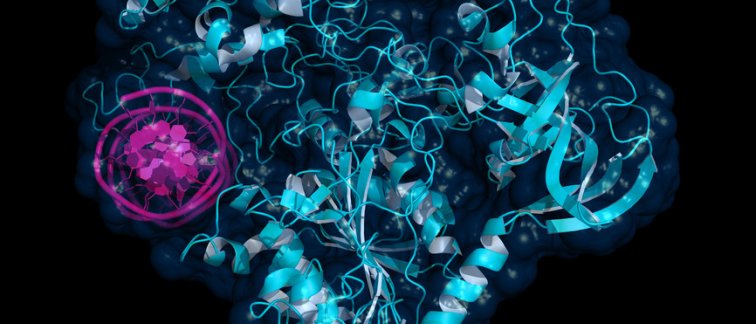Epigenetics
The activity of genes is regulated by numerous epigenetic modifications to our DNA or RNA. Multiple chemical modifications lead to “open” or “closed” conformations of chromatin, making genes accessible or not to transcription factors and other proteins of the transcription machinery.
Hall marks of such epigenetic modifications are: the genetic code is not altered; the change can be reversible; the change is time and tissue dependent. This reversibility leads to opportunities regarding treatment of diseases and prevention.
Imprinting disorders
The laboratory of professor Mannens has a long standing interest in clinical epigenetics both in research as in diagnostics starting with research on imprinting disorders such as the Beckwith Wiedemann syndrome (BWS) in 1984.
Chromatine associated proteins
The more recent development of genome-wide methylation analyses tools, has enabled us to look for methylation markers in the genome that are associated with other diseases. The number of disorders that can be diagnosed this way grows exponentially. This type of research (epi-sign diagnostics) was nominated as within the top ten most influential studies in Clinical Genomics 2019 (www.cell.com).
Nature versus nurture
In addition we study the influence of the environment on disease.
Environmental factors such as malnutrition, stress, or uptake of alcohol during pregnancy can lead to a large number of clinical problems later in life
There seems to be an interaction between genetic predisposition for these health problems or protection against (resilience) disease, and epigenetic changes due to the environment that lead to these health problems that is studied.
Amsterdam UMC researchers involved in this project
- Dr. H.J. Bliek

